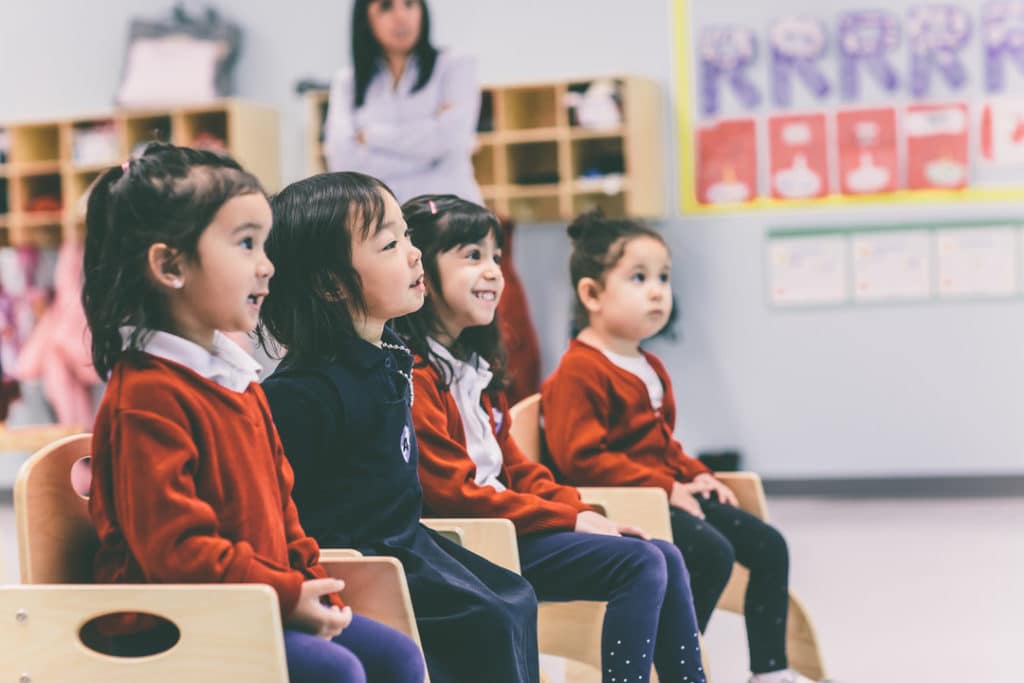Our brains have more mirror neurons than any other species and these cells do more than allow us to learn through imitation. They are the foundation upon which we gain self awareness and learn our emotional responses.
Dr. Rizzolatti explained the phenomenon in the New York Times: “Mirror neurons allow us to grasp the minds of others not through conceptual reasoning but through direct simulation. By feeling not by thinking.”
Before we can attempt to teach our children about emotion, we must identify and manage our own behaviours and reactions. Do you pay attention to your body language, tone and how you speak to and about people? Do you change your communication style for different people? Your children pick up on these patterns – you are setting their behaviours.
If someone cuts you off at a red light, do you scream or make hand gestures? I like to make excuses for them and use it as an opportunity to play “being in someone else’s shoes”. Maybe this person is in a rush to get to an urgent matter, just heard some awful news, or really didn’t see me. It’s also an opportunity to be grateful that no-one was hurt and hope the stranger has a better day. This type of practice requires slowing down. Kindness is purposeful and requires effort. It is a conscious practice and in the moment, teaches us about our own feelings, our fears.
Encourage play that promotes understanding; for instance card games encourage the mind to consider what others at the table are thinking. It is a fun way to practice emotional and social cognition. Card games ask players to think ahead and place yourself in someone else’s shoes.
There is a lot of research surrounding the importance of parental emotional strength informing the emotional wellbeing of offspring. To build inner strength in our own children we need to care for our own mental well-being and seek help when we need it. It means being vulnerable, showing our own emotions to teach our children about them. Home is where their emotional building blocks are puzzled together, the responses and reactions they will mimic and fine tune as they grow.
Mirroring behaviour is a part of our DNA. When we observe emotional reactions, we are circuiting our brains to react similarly. When we consider the types of interaction, people, and entertainment our children are exposed to; being aware of this as parents can help us simplify those decisions.
Emotional Intelligence is built over time, in context. Storytelling, conversations, and modelling are all ways we as parents, caregivers and teachers impart and strengthen this skill. Empathy is not evident until children are in their primary years, and you see them offer solutions to a friend in distress, see that they share in the pain or worry. This will allow them to manage their own distress and anxiety, to problem solve without being debilitated and overwhelmed, and see situations in perspective.
Importantly, emotional intelligence, human connective-ness and empathy are where we will find solutions to issues youth and adults increasingly face, including anxiety and loneliness. Raising emotionally intelligent human beings is necessary to tackle our social issues like inequality, build community and promote civic responsibility.

